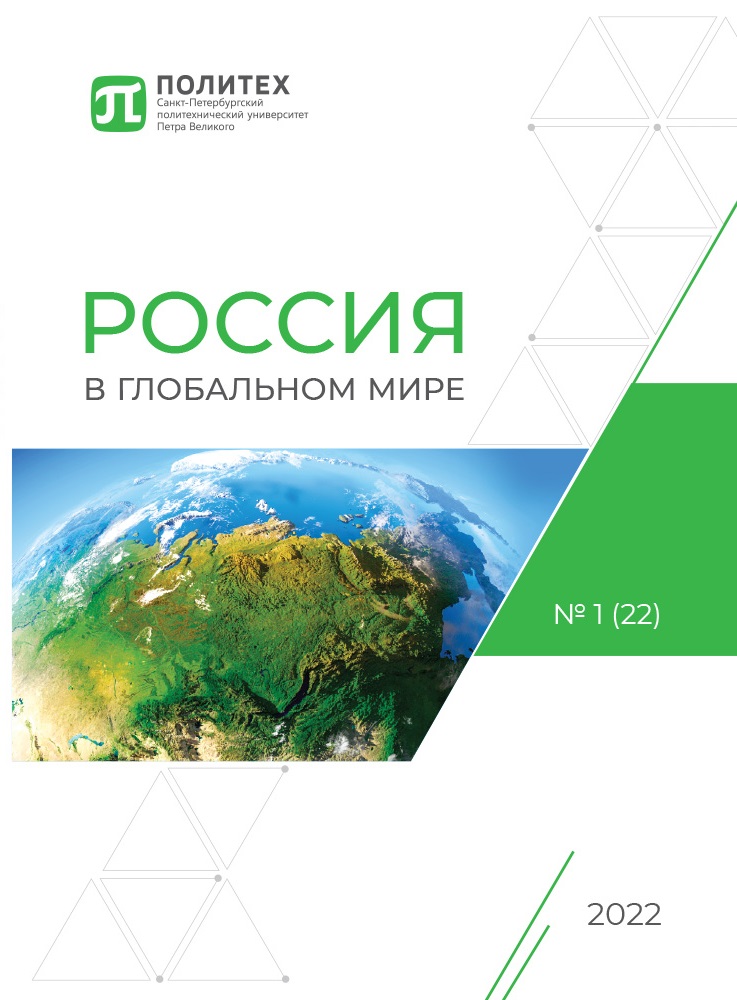Geopolitical Aspects of Transport Corridors: How Great Power Competition Shapes the Political Dynamics in Central Asia
Introduction. The study provides an analysis of the political aspects of transport corridors in Central Asia and their impact on the political dynamics in the region. This region, with its advantageous geographical location, serves as a link between Europe and Asia, which makes it an object of interest to many countries, including Russia, China, the United States and neighboring regions. The article examines the impact of competition between great powers on the formation of transport routes and their use to their advantage. Special attention is paid to the role of China, the United States, the European Union, Russia and other countries in the creation and development of transport infrastructure (TRACECA, North–South, East–West, One Belt – One Road project) in the region under study, as well as strategic plans to strengthen its influence in the subregion. The subject of the study is the geopolitical impact of the competition of the great powers (Russia, China, the USA) in the development of transport corridors on the political dynamics in the countries of Central Asia; The object of the study is the transport corridors passing through the region and the political processes caused by competition between the great powers in the sphere of their development and control. The research focuses on identifying and analyzing the geopolitical factors that determine the competition of great powers in the development of transport corridors and assessing their impact on the political stability, sovereignty and economic development of the countries of the region.
Materials and methods. Official documents and agreements, scientific research, statistical data on trade volumes, etc. were the information basis of the research. The study used quantitative and qualitative methods, the method of content analysis, and comparative analysis.
Results. Theoretical approaches to the analysis of the geopolitics of transport corridors and the competition of great powers in the region have been studied, and the main transport corridors have been identified and classified. The interests and strategies of Russia, China, India, and the United States in the development of transport corridors in Central Asia are analyzed. The influence of the competition of the great powers in the transport sector on the political dynamics of the region is assessed. Discussion. The results obtained allow us to conclude that the development of transport corridors affects economic cooperation as well as the political stability of the Central Asian countries.
Conclusion. Transport corridors play a key role in shaping a new order in this region where the economic and political interests of the great Powers overlap with the national interests of the Central Asian countries. The study provides practical recommendations for states and international organizations to optimize cooperation in the field of infrastructure and trade, which can contribute to strengthening stability and security in the competitive environment of great powers.


